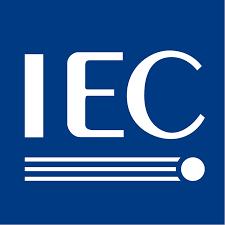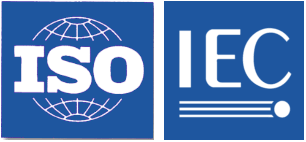This document specifies the requirements and guidance for the content, format and exchange relating to material declarations for products and accessories of organizations operating in and supplying to industries within the ISO and IEC scope.
The main intended use of this document is to provide data up and down the supply chain that:
• allows organizations to assess products against material and substance requirements,
• allows organizations to use this information in their activities related to environmentally conscious design process and across all product life cycle phases, including material efficiency and product circularity considerations, as well as considerations linked to end-of-life stages such as waste management and use of reusable parts and recycled content.
This document specifies mandatory declaration requirements and also provides optional declaration requirements. This document does not suggest any specific method or process to capture material declaration data in the supply chain. However, it provides a data format used to transfer information within the supply chain. Organizations may determine the most appropriate method to capture material declaration data without compromising data utility and quality. This document is intended to allow reporting based on engineering judgement, supplier material declarations, and/or sampling and testing.
IEC 82474-1
https://www.iec.ch/ords/f?p=103:38:607572709001913::::FSP_ORG_ID,FSP_APEX_PAGE,FSP_PROJECT_ID:1314,23,104667



